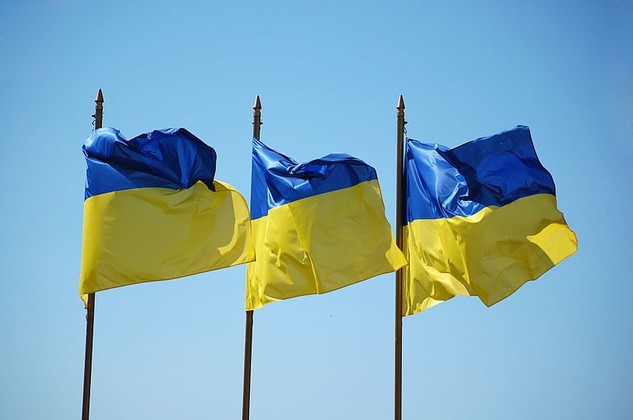
The Ministry of Economic Affairs and Communications for Estonia, wants to analyze the existing use of e-receipts and to propose a new service to be introduced by 2025.
The ministry announced a public procurement contract to analyze e-receipt service on Friday.
“Although e-receipt has been available as a service in Estonia for a long time, it is still used relatively little. Larger stores offer the possibility of a digital receipt already now, but more often it’s still paperwork that we can see today. The aim of this work is to get an overview of the e-receipt solutions on the market today and the future prospects, in order to offer the best model of the functioning of the service for business operators,” said Andres Sutt (Reform), minister of entrepreneurship and information technology.
“In order for businesses to use e-receipts more, it must meet their needs and be convenient for both the business and the customer to use” the minister said.
In the course of the work to be performed, information gathering must be carried out and both the providers of solutions already on the market and sectoral experts must be involved in discussions.
The e-receipt has been in use as a service in Estonia since 2014, when the e-receipt project was launched as an initiative of Omniva and Telia, and which has evolved as Telia’s mTasku mobile application. Alexela Oil AS was the first company in Estonia to start issuing universal machine-readable e-receipts in September 2017, and this spring Telia and Unifiedpost launched a new joint solution in the form of mobile e-receipt in the Pargi.ee app, where business operators can route e-receipts directly to their accounting system.
In addition to being convenient for the customer, e-receipt makes the purchasing process more environmentally friendly. According to Sutt, nearly 400 million paper receipts are used in Estonia every year, and the introduction of e-receipts would allow to avoid excessive paperwork, saving both time and space.
Together with representatives of the central bank and the private sector, the Ministry of Economic Affairs and Communications is taking part in the working group on the digitalization of payment solutions under the Payment Environment Forum of the Bank of Estonia, where, among other things, the wider usability of the e-receipt service is actively being discussed.
According to a survey conducted in 2020, the use of real-time economy solutions, including e-receipts, would help save more than 14 million working hours and €200 million a year in Estonia. The widespread introduction of e-receipts alone can save almost €40 million a year in Estonia.
The closing time for the submission of tenders is on the morning of June 30.
The article was originally published at: https://news.err.ee/1608252456/ministry-wants-to-promote-use-of-e-receipts-in-private-sector





















